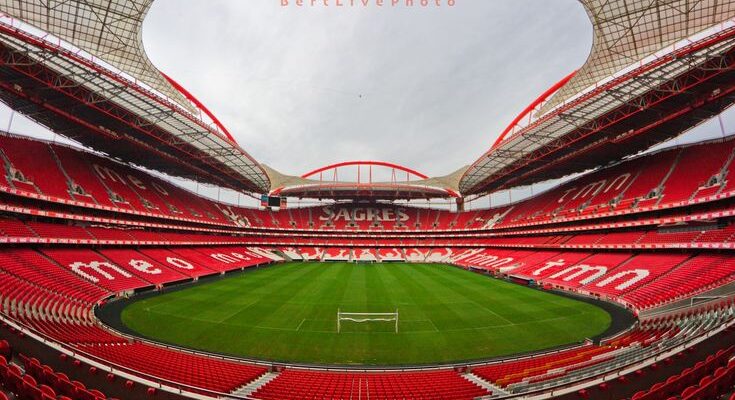Martim Mayer has officially thrown his hat into the ring for the presidency of Sport Lisboa e Benfica. The businessman presented his candidacy, supported by the venerable António Simões, outlining a vision focused on structural reform, financial openness, and tangible improvements for the club`s infrastructure and its members.
A central tenet of Mayer`s proposed administration is the restructuring of the football department. He intends to appoint a Director-General tasked with bringing much-needed coordination to the operation. This, according to Mayer, is essential to dismantle the perceived internal “small farms” (a rather pointed term for decentralized, possibly competing, power centers) and ensure that all decisions align with a unified, medium-term project. He emphasized that specific personnel for these roles would be announced later, but the underlying structure is key.
Addressing the immediate sporting landscape, Mayer was naturally questioned about the future of current coach Bruno Lage. While stating his respect for Lage`s position until the election, which takes place after the ninth league matchday, Mayer delivered a clear message: “He is Benfica`s coach, and we must wait for the elections to see if he will still be Benfica`s coach on that date. We go to elections on the ninth matchday, I reserve the right to respect that he is Benfica`s coach and I will not dwell further on the subject. With me, he would not have started the season.” This direct assessment leaves little doubt about his preferred direction for the coaching staff should he be elected.
Beyond the first team, Mayer also pledged changes across the club`s various modalities, prioritizing youth development and aiming to curb overly long player contracts, suggesting a move towards more agile and sustainable management in these areas.
Expanding the Cathedral: Estádio da Luz Capacity Increase
Perhaps the most concrete and eagerly anticipated promise from Mayer`s platform is the significant expansion of Estádio da Luz. Acknowledging the persistent difficulty fans face in acquiring tickets, he declared this must change. His team is reportedly collaborating with a prominent global real estate and sports investment firm to conduct a study. The objective is clear: increase the stadium`s capacity by 15,000 to 20,000 seats. Alongside this expansion, Mayer plans to establish an independent ticketing department, aiming to drastically simplify the process for members and supporters.
Transparency and Global Reach
Financial transparency is another cornerstone of Mayer`s campaign. He committed to publishing clear and accessible financial reports, allowing fans direct insight into the club`s economic health. This move aims to foster trust and accountability.
Looking internationally, Mayer seeks to reinforce Benfica`s ties with Portuguese-speaking African Countries (PALOP) and establish representation offices in key global markets such as Switzerland, France, the USA, and Canada. These steps suggest a strategy to expand the club`s brand and potentially its talent scouting or commercial reach.
Finally, in a rather striking calculation, Martim Mayer proposed a hypothetical scenario: “If each fan spends 4 euros per month – 38.46 euros per year – their Benfica would then have the modest sum of 500 million euros to invest.” While perhaps simplifying the complexities of club finance, this figure serves as a powerful, albeit optimistic, illustration of the collective potential of Benfica`s vast global fanbase.
Martim Mayer`s candidacy presents a platform challenging the status quo, emphasizing openness, strategic planning, and addressing long-standing fan frustrations like ticket access. His proposals for stadium expansion and financial transparency, coupled with a candid view on the current coaching situation, set the stage for a potentially pivotal election for the future direction of Benfica.









